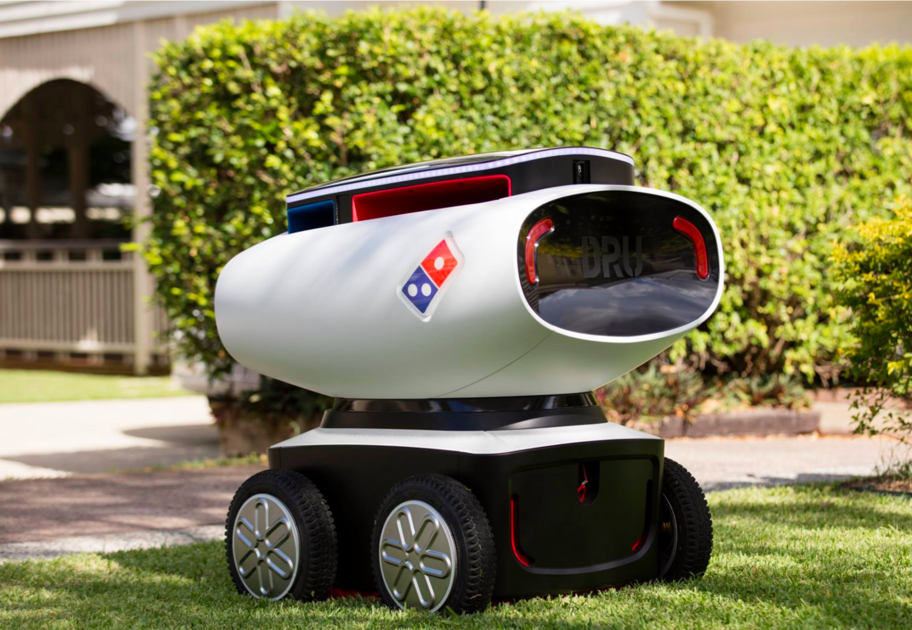West Elm, a home decoration chain in the US, successfully uses the versatility that AI offers. The West Elm Pinterest Style Finder recognises the colour, shape and style of images on a Pinterest Board and combines this information with customer characteristics and the West Elm range. The customer is now surprised online with appropriate advice. Customers stay online longer, shop more often, and put more articles in their shopping carts.
Chatbots are becoming more and more personal
A good chatbot can lead consumers effortlessly to their ideal purchase through a jumble of options within 2 minutes. They quickly provide answers to all kinds of questions, without waiting time. It's just as if you are talking to a shop employee. This is of inestimable value in increasing conversion, especially on mobile devices.
AI can really make a chatbot effective and learn to anticipate. At the moment, Macy's is currently testing the mobile chatbot 'Macy on call' in 10 branches. Customers can chat with this bot via their mobile while they are in the store and when there is no employee available at the time. The bot knows the layout of each branch and uses everyday language. Customers receive product suggestions and can ask questions about services. The pilot scheme has been a success and will be rolled out further.
The digital florist 1-800 flowers has created Gwyn: the online gift concierge. This chatbot helps online customers to find the optimum gift just by asking the right questions in ordinary language. Gwyn has fans. Over 80% of customers have said that they will consult her more often. 1-800 flowers benefits from these repeat purchases with higher sales.
Chatbots are also increasingly taking a physical form. B88ta used Pepper the friendly robot to personally welcome passers-by and customers into their stores in California. In the first instance, this was used as a marketing stunt to generate extra traffic. And it worked, resulting in 70% more. But perhaps more importantly, Pepper provided 98% more customer interaction and 300% more sales.
Pepper had already been successful before, especially in Japan. How about a coffee? That's how Pepper greets visitors to the nescafe in Tokyo. The robot remembers faces and orders for their next visit. It can also answer questions and makes coffee suggestions. In this unique coffee shop, Nestle hopes to steal the hearts of the many Chinese tourists and strike a blow in the battle with Starbucks in China.
So retailer, seize these opportunities!
Improve the level of your recommendations, predict trends and make smarter and faster decisions, help customers to quickly find what they're looking for (even before they know they're looking for something) and deliver better service. Use AI to serve your customers better and more personally. But do it in the right way, with respect for the data and the consumer. Make sure it isn't creepy.
.png?width=641&height=253&name=Kega%20logo%20(white%20bg).png)


